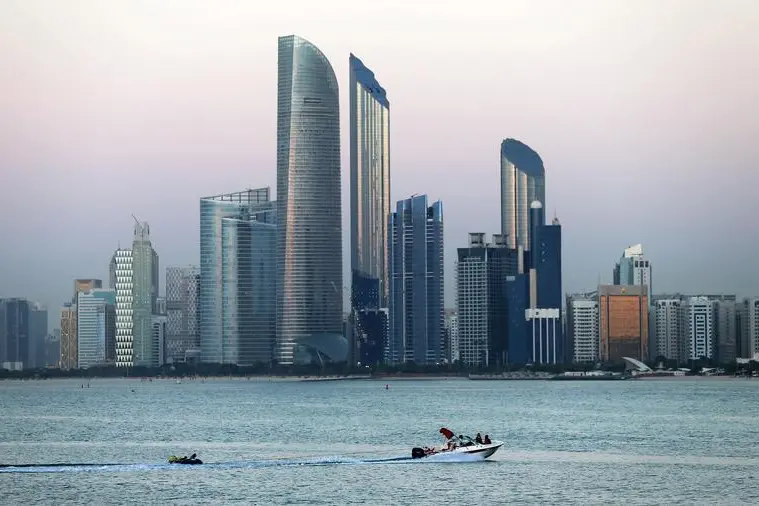PHOTO
Abu Dhabi’s non-oil foreign trade sector demonstrated agility and preparedness, reaching AED151.18 billion ($41 billion) during the period from January to September, despite the Covid-19 pandemic.
The sector also distributed imports worth AED69.33 billion, exports worth AED55.37 billion, and re-exports worth AED26.48 billion, reported state news agency Wam.
Pearls, precious stones and precious metals accounted for the highest-grossing commodity, amounting to AED27.64 billion, showing a growth of 157 percent compared to the same period last year, which amounted to AED10.76 billion.
This was followed by machinery, recording devices, and broadcasting images and sound equipment worth AED 25.26 billion – an increase of 10 percent compared to AED22.90 billion traded during the same period last year. Ordinary metals and their artefacts amounted to AED23.72 billion, followed by transport equipment amounting to AED 22.23 billion.
This was followed by plastics and their articles and rubber and articles worth AED12.72 billion, by-products of chemical industries and related products worth AED10.67 billion, food and beverage products worth AED4.79 billion, plant products worth AED4.38 billion, live animals and animal products worth AED3.80 billion, and mineral products worth AED3.54 billion.
The General Administration of Abu Dhabi Customs continued its pioneering efforts to continue the uninterrupted flow of supply chains, and protect the economy and society’s safety during the pandemic.
The total customs transactions hit around 788,699 during the first nine months, supported by the smooth completion of customs clearance operations and transactions.
Transportation methods were also diversified, with airborne trade accounting for AED51.35 billion, seaborne trade accounting for AED59.38 billion, and overland trade accounting for AED40.45 billion.
Rashid Lahej Al Mansouri, Director-General of the General Administration of Abu Dhabi Customs, said that Abu Dhabi Customs, across all its sectors, adopted a strategic plan to ensure the continuity of supply chains’ flow and to facilitate the movement of trade across Abu Dhabi.
This was achieved by the 24/7 work on all customs border centres while applying the highest precautionary and preventive measures to maintain the health and safety of employees and inspectors working on the front lines, he noted.
Abu Dhabi's foreign trade helped diversify its global and regional markets, with Saudi Arabia registering AED32.22 billion trade, followed by the US with AED10.7 billion, Italy with AED9.85 billion, China with AED9.83 billion, Hong Kong with AED7.24 billion, Switzerland with AED7.22 billion, Japan with AED6.61 billion, India with AED5.83 billion, the UK with AED4.11 billion, and Kuwait with AED4.08 billion.
During the third quarter, Abu Dhabi's non-oil foreign trade hit AED55 billion, up 10 per cent over last year, with imports of AED21 billion, exports of AED25 billion, and re-exports of AED9 billion.
Copyright 2020 Al Hilal Publishing and Marketing Group Provided by SyndiGate Media Inc. (Syndigate.info).
Disclaimer: The content of this article is syndicated or provided to this website from an external third party provider. We are not responsible for, and do not control, such external websites, entities, applications or media publishers. The body of the text is provided on an “as is” and “as available” basis and has not been edited in any way. Neither we nor our affiliates guarantee the accuracy of or endorse the views or opinions expressed in this article. Read our full disclaimer policy here.





















